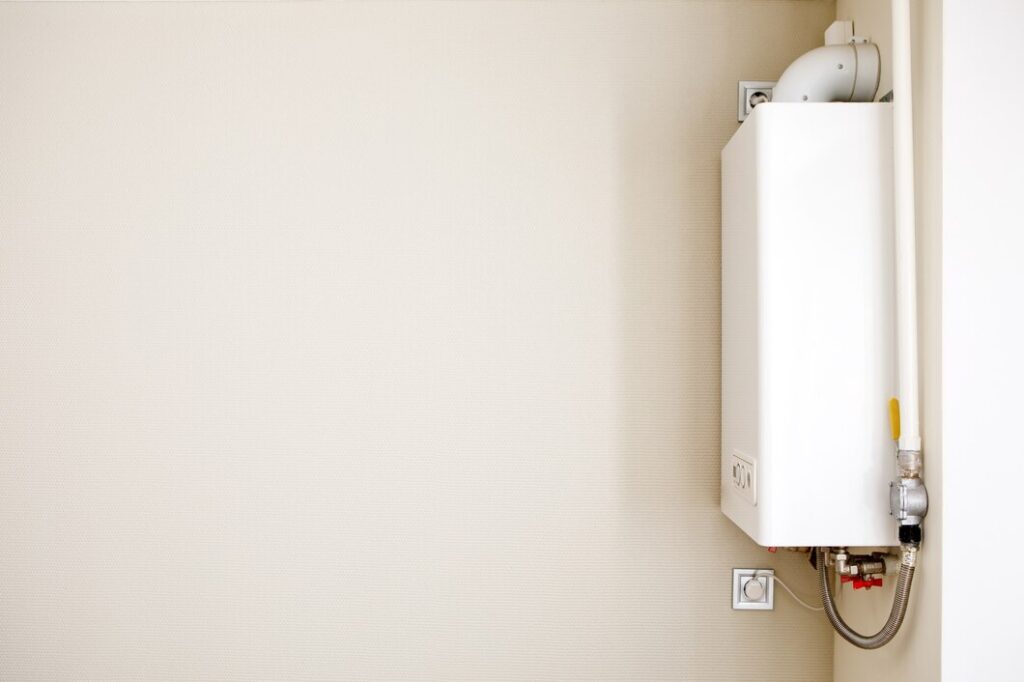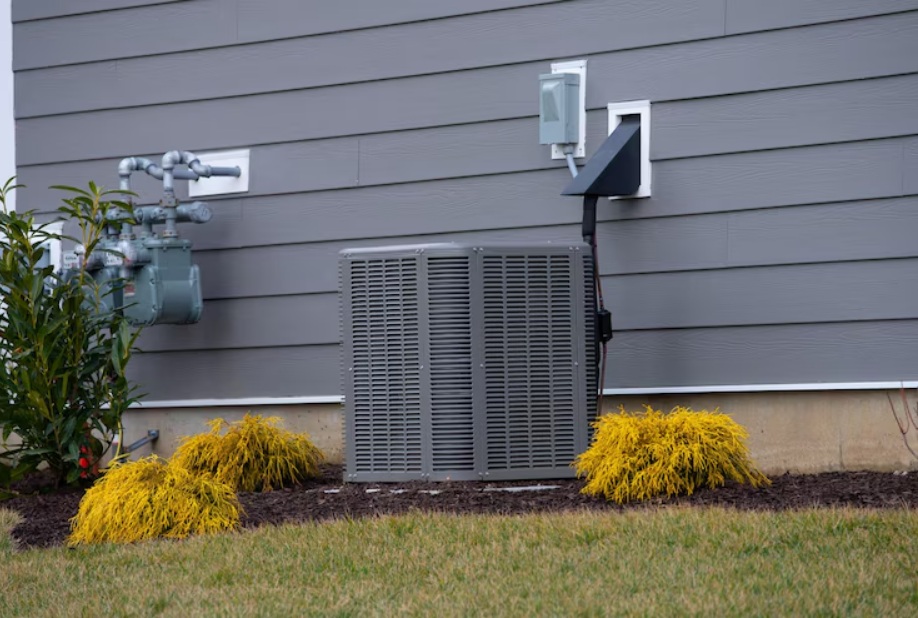In Birmingham, maintaining the functionality of household appliances is key to ensuring smooth day-to-day living, and water heaters are no exception. Over time, sediment buildup can become a significant issue that disrupts the efficiency of water heaters. Sediments, mainly composed of minerals such as calcium and magnesium in hard water, gradually accumulate at the bottom of the heater tank. This can lead to a range of problems, including reduced heating efficiency and potential damage to the heater itself.
Sediment buildup not only affects the performance of water heaters but also increases energy consumption as the appliance struggles to maintain the desired water temperature. Furthermore, if left unchecked, the buildup can lead to overheating or tank failure, resulting in costly repairs or replacements. It’s essential for residents to be aware of these issues to take proactive measures in maintaining their water heating systems.
Understanding Sediment Buildup in Water Heaters
Sediment buildup occurs when minerals dissolved in the water settle at the bottom of the water heater tank. This is a common problem in areas with hard water, like Birmingham, where high mineral content is prevalent. The accumulation creates a barrier between the burner and the water, reducing the heater’s ability to efficiently transfer heat, which ultimately impacts water temperature and heater performance.
Common sources of sediment include:
– Calcium and magnesium, which are natural components found in hard water.
– Sand and other particulate matter that might enter the system from the water supply.
Signs and symptoms of sediment buildup are usually easy to notice:
– A popping or rumbling noise from the water heater, caused by water trapped below the layer of sediment that starts to boil.
– Longer heating cycles as the heater works harder to achieve the set temperature.
– Visible rust-colored water coming from taps, indicating corrosion caused by sediment.
Homeowners must recognize these symptoms early to prevent small problems from becoming major headaches. Regular attention and maintenance can significantly reduce the damaging effects of sediment buildup, keeping the water heater functioning properly for longer.
The Consequences of Sediment Buildup
Sediment buildup in water heaters can have serious consequences for homeowners in Birmingham. When sediment accumulates in the tank, it creates a layer that acts as an insulator, making the heater work harder to warm the water. This increased effort impacts efficiency, as more energy is required to maintain the desired temperature. Consequently, you may notice a spike in your energy bills as the heater consumes more power to function.
The potential damage from sediment buildup doesn’t end with high energy costs. The accumulated material can cause the heater to overheat, leading to further damage. If the situation remains unaddressed, it might shorten the lifespan of the water heater itself, prompting an early replacement. Overheating can also weaken the tank walls and cause leaks, resulting in water damage to your home and a potential breeding ground for mold.
Preventing Sediment Buildup
Preventing sediment buildup is a proactive step that can save both money and effort over time. Here are some practical ways to keep your water heater free of sediment:
– Regularly drain and flush the tank to remove any accumulated sediment. It is usually recommended to do this at least once a year.
– Consider installing a water softener, especially in regions with hard water. This device reduces the mineral content in the water, thereby limiting the amount of sediment that could deposit in the tank.
– Schedule yearly inspections with our professionals who have the skills to spot potential issues that might have gone unnoticed. These inspections can catch developing problems early and prevent costly damage.
Solutions for Existing Sediment Buildup
If your water heater is already experiencing sediment buildup, addressing it promptly is critical. One common solution is to drain and flush the tank, which involves releasing water from the tank to eliminate sediment. This requires turning off the power supply, attaching a hose to the drain valve, and allowing the tank to empty completely.
In situations where sediment has caused significant damage, it might be time to consider a professional assessment to evaluate whether deep cleaning or replacement is necessary. In Birmingham, locating a reliable water heater replacement service is crucial to ensure you select the best solution for your needs.
Keeping Your Water Heater in Top Condition
Maintaining your water heater in optimal condition is an ongoing process and the benefits are undeniable. By addressing sediment buildup regularly, you extend the life of the appliance and preserve its efficiency. Regular maintenance routines, combined with professional inspections, will ensure that your heating system continues to operate smoothly and reliably.
Taking these steps not only avoids potential headaches but also ensures that your water heater is always ready to meet the demands of your household. If you’re in Birmingham and need expert assistance with your water heater issues, reaching out to knowledgeable professionals can provide the peace of mind you deserve.
If you notice that sediment buildup is affecting your water heater’s performance in Birmingham, consider a water heater replacement in Birmingham to safeguard your home’s comfort and efficiency. At Standard Heating, Cooling & Plumbing, our professionals focus on timely solutions that prevent further damage and save you from unexpected repairs. For a quick estimate or to book a service visit, please contact us today.











